9 Signs of A Secretly Anxious Introvert
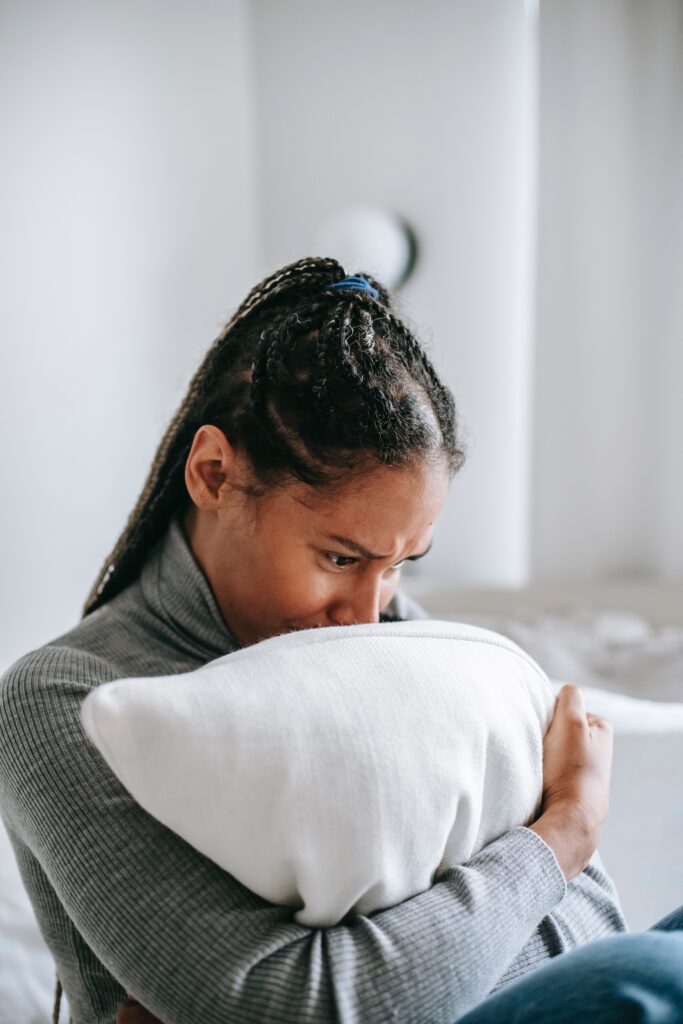

DISCLAIMER: THIS ARTICLE IS PURELY FOR EDUCATIONAL PURPOSES ONLY AND IS NOT INTENDED AS A MEDICAL DIAGNOSIS. PLEASE SPEAK TO A PROFESSIONAL HEALTH CARE PROVIDER ABOUT ANY TREATMENT FOR ANY DIAGNOSIS YOU MAY HAVE OR FOR ANY DIAGNOSIS.
Introversion and anxiety might have similarities but they are not the same. This distinction can seem non-existent if you don’t know that they are different because it’s almost invisible. It also doesn’t help that introversion’s poster children are portrayed as nervous, socially awkward sweat factories.
Introverts like extroverts need human relationships and connections but less than extroverts. Since social activities take away their energy, they need lots of “me time” to recharge and function normally. Introversion is a personality trait. Anxiety is a mental health disorder. Some of the symptoms are :
- Making excuses to cancel plans with people
- Heart and thoughts racing more often than not
- Worrying about overdoing “it” or underperforming at social events
- Constantly feeling like you’re being judged
- Being mentally drained in a crowd full of people and feeling unable to function
It can sound like the same thing but it’s not. Introverts aren’t all anxious and not all anxious people are introverts, however it’s more common in introverts. If you think you might be an anxious introvert, (and you keep it a secret), check out this list to see if you see any familiar behaviors.
- You’re Always Prepared

As secretly anxious introverts don’t like surprises or anything that can spike their anxiety, they are always prepared for the worst case scenario. They spend a lot of time planning in detail how they are going to respond to the unexpected. They might seem organized and dependable but it’s really stress that is their driving force for their preparation.
- You’re Constantly Busy Or Feel The Need To Be Doing Something
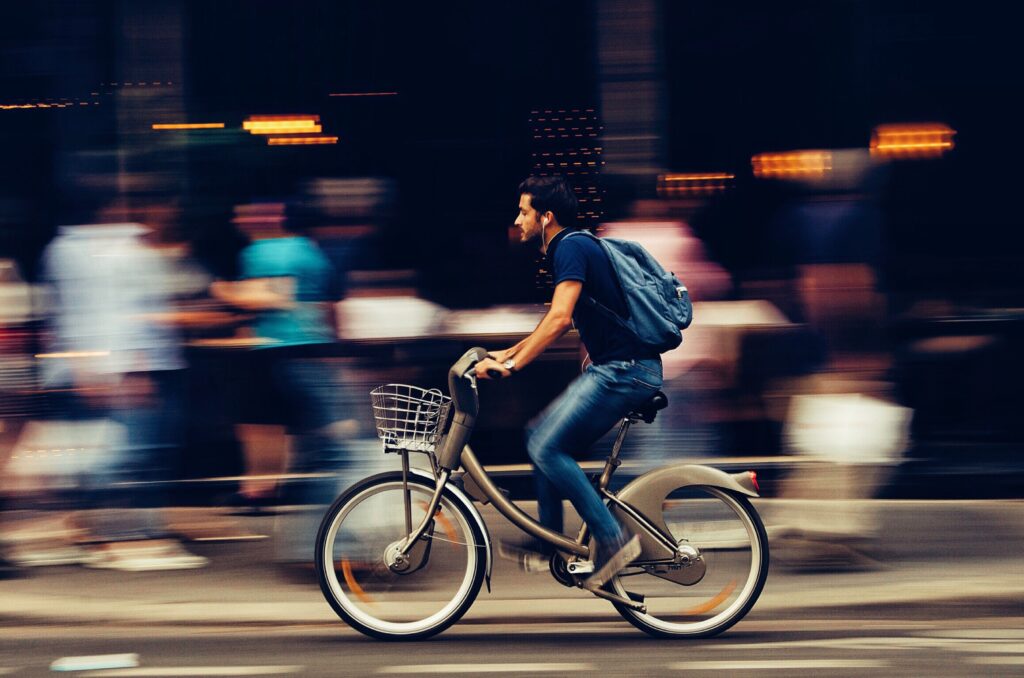
In an effort to suppress anxiety, secretly anxious introverts stay busy because it redirects their nerves energy into something more productive that gets them out of their own heads. It gives them a sense of control and others may compliment them on their productivity and this can reinforce their need to achieve perfection. I’m prone to making To Do Lists that have no real end to them.
- You’re Prone To Rumination and Overthinking

Secretly anxious introverts (SAIs is what I’m calling them now) think about a problem repeatedly trying to find an answer even when there isn’t one. They are prone to negative self-talk because they replay all of their mistakes and things that can’t be changed, especially when it has to do with others’ opinions of them and any social interaction missteps. They can’t stop the racing thoughts.
- You’re Outwardly Calm But Freaking Out On The Inside

SAIs have mastered the art of hiding their anxiety. They seem stoic and calm on the outside, like they can handle anything that life throws at them but inwardly are screaming and running around like a headless chicken. They don’t reveal these emotions though, so it remains hidden anxiety. They may even decide which emotions to show and which ones not to show.
- You’re Afraid Of Disappointing Others
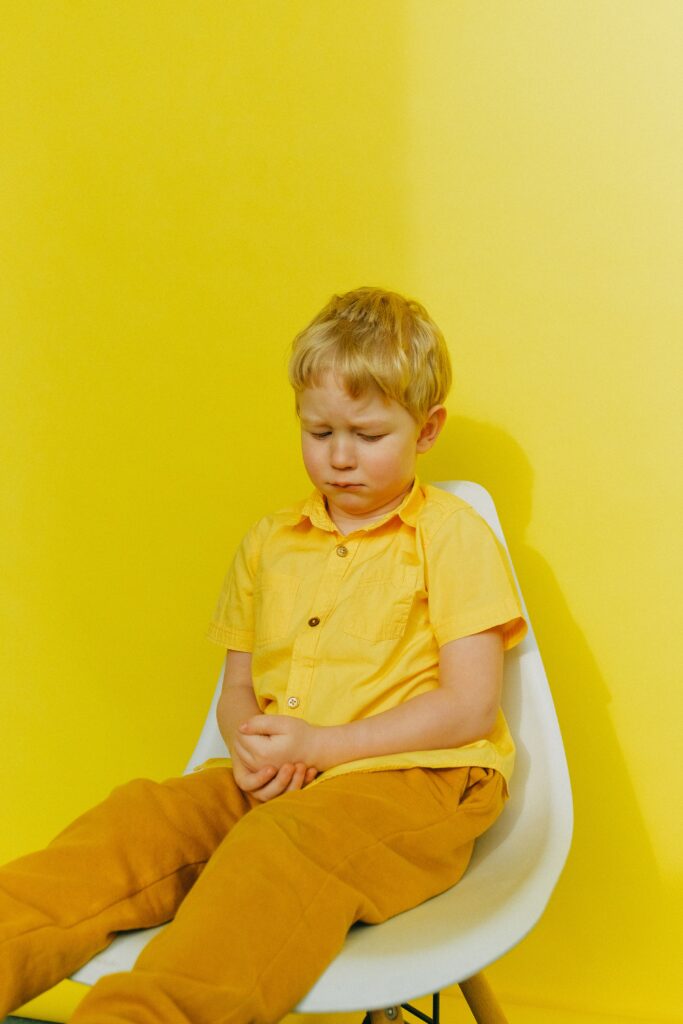
Because SAIs have a fear of failure and falling short of their goals, they also don’t want people to be disappointed in them. They may be people-pleasers who sacrifice their own needs for other people. They are afraid to say no so they usually take on more than they can handle. They prefer to make an excuse about something as opposed to being more honest and standing up for themselves.
- You Avoid Things & Stay In The Comfort Zone
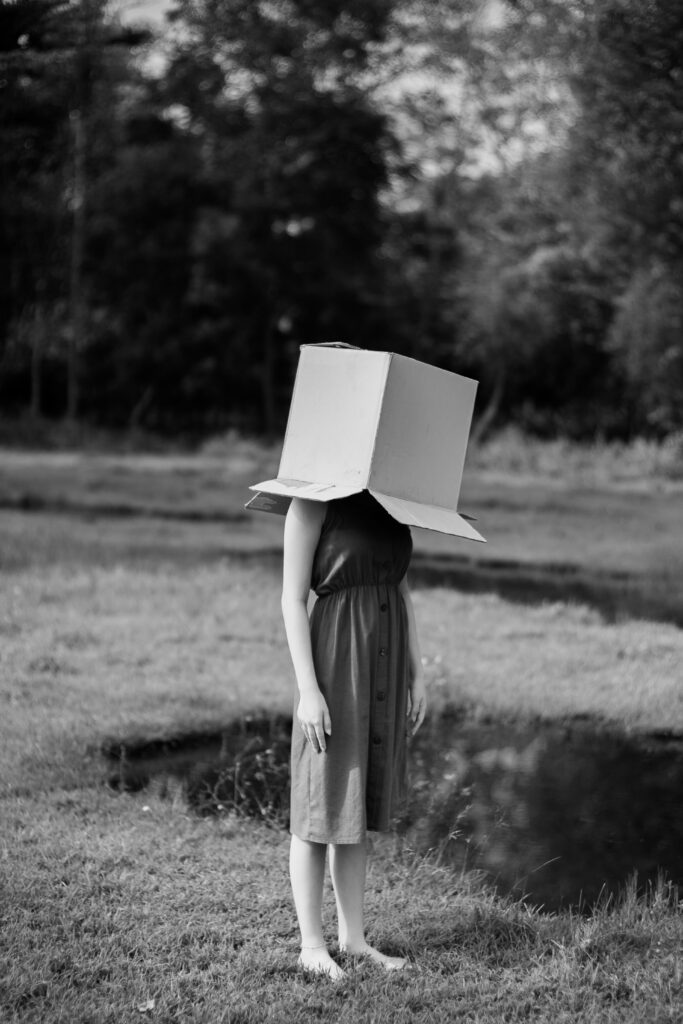
A SAI’s home is their comfort zone. Whether they take the same route to work or eat the same dinner every day, it’s comforting and makes them feel like they are in control. They really want to avoid doing anything that overwhelms or triggers their anxiety so they say no to new things and experiences that trigger intense emotions like social events, travel or conflict.
- You’re A Perfectionist
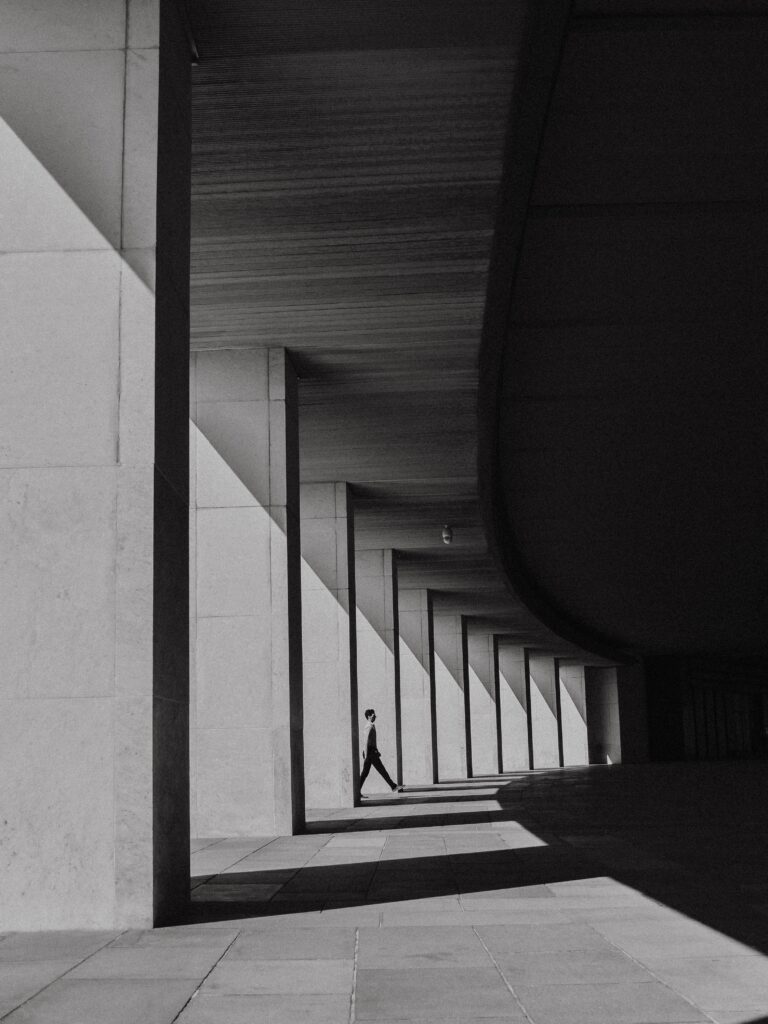
SAIs push themselves to get everything right to control the anxiety. They believe that if they are perfect, they will be free from regrets or criticism. Working on being the best person that you can be has a positive result but it comes at a price – they start to develop an all-or-nothing mentality (“if I’m not the best, I’m a failure) and unrealistic expectations of themselves and creates a fear of failure.
- Your Anxiety Manifests As Physical Pain & Repetitive Habits
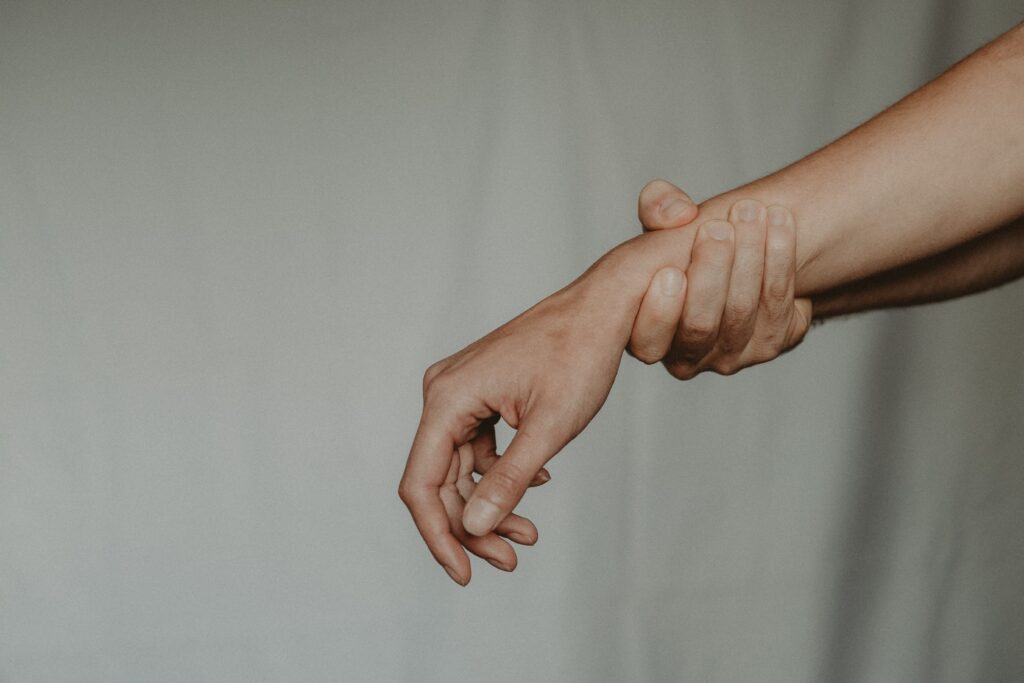
Psychotherapist Anne Wright has stated that anxiety can manifest as frequent muscle tension and aches in the body. I can attest first-hand to that. As SAIs, we can engage in foot tapping, knuckle cracking, nail biting and skin picking, especially when we feel anxious. We might even have repetitive habits that we use to calm ourselves down like checking if a door is locked and saying “it’s locked” 3 times to make you feel safe (also me). It’s a way to get the nervous energy out and gain some control.
- You Get Startled & Stressed Easily

When you have limited as much stress as is unhealthy possible like avoiding everything you can that expands your life experiences, you live in a constant state of low level stress. So when you have minor inconveniences and problems, it’s frazzling. According to Psychology Today, your nervous system is overdrive so unexpected sounds startle you.
FINAL THOUGHTS
As much as people might mean well when they say “stop being anxious or “just don’t think about it”, it’s not something that you can stop immediately. Researchers at the Weizmann Institute of Science found that people who suffer from anxiety have brains that are quite different from those who don’t. Over time, introverts who suffer from anxiety can learn how to cope with it and greatly lessen it. Eventually, it will have less control over you and your life.
See you soon.
REFERENCES
*Granneman , J. (2018, May 4). 15 signs of a secretly anxious introvert . Psychology Today . Retrieved December 9, 2021, from https://www.psychologytoday.com/us/blog/the-secret-lives-introverts/201805/15-signs-anxious-introvert
*Kable, R. (2018, November 30). 15 signs of an introvert with high-functioning anxiety. The Daily Guru. Retrieved December 11, 2021, from https://thedailyguru.com/an-introvert-high-anxiety/.
*Koller, T. (2019, September 25). How to tell the social anxiety symptoms from signs of introversion . Lifehack. Retrieved December 11, 2021, from https://www.lifehack.org/701558/social-anxiety-versus-introversion.



Responses